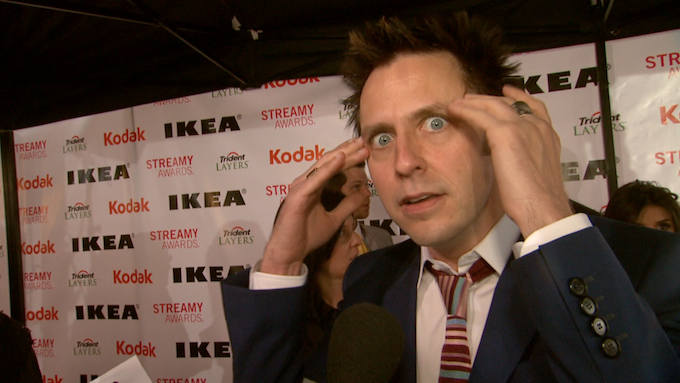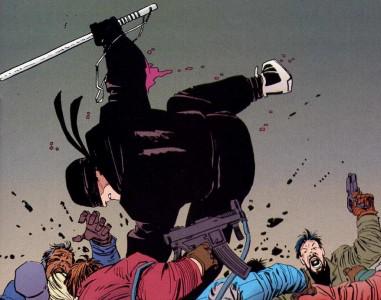Can documentary be considered art and does it stop being art when its sold for money? A question we were presented with early on in todays lecture on the language and use of coding in interactive documentaries. We were presented with a vast number of examples of interactive documentaries and introduced to the idea of creating a pirate TV channel. I was not aware beforehand that it was so simple to revert the function of a simple VHS from being a receiver to being a transmitter.
The lecture on HTML’s and Web Browser coding was a little overwhelming for me at first, I have no previous experience with these kinds of things and I am not a technically minded individual, but it was interesting to have my eyes opened to the potential for such talents. One thing I did find interesting however was the impression of the digital world. I had always seen it as an open gate, allowing us to reach deep into vast untold lands and reap the rewards without consequence, where as in reality there is a high tithe of freedom of self independence at the foot of this gate. Google, Facebook.. reading through the terms and conditions associated with such web based giants reveals just how ‘tagged’ we are. Our information and details logged away at their disposal effectively giving them ownership of our selves. There is an interesting interactive documentary that takes a look at the all controlling presence of the internet called In Limbo. Limbo also explores the wonders of the internet and how it stores memories and almost seems to validate some of our lives.
http://inlimbo.tv/en/documentary
Whilst the internet is an amazing resource of free information, there are always those that will try to exploit and capitalise on knowledge. We were introduced to a documentary named Google and the World Brain. This documentary tells us about the Google Book Scanning project which aimed to scan every book in existence to publicise on the web. The fear however, was that Google would then begin making profit off the availability of this information, a monopoly of access to knowledge. Google even went so far as to scan books that were copyrighted without even so much as asking for permission, it began a battle of rights and wrongs, could they prevent Google from holding the world of knowledge as a bargaining chip for profit?
We were also introduced to an interesting documentary film about the three co-founders of The Pirate Bay, Peter Sunde, Fredrik Neij and Gottfrid Svartholm. Filming began back in Summer 2008, and continued right through to February 2012. The documentary film is called TPB: Away From Keyboard, is a really interesting watch. It was released via The Pirate Bay under a Creative Commons license along with other BitTorrent sites. Also, a four minute shorter version was released at the same time for those who wish to remix or re-edit their own version of the film, featuring an edit with certain copyright restricted content removed.
I think that whilst I am by no means interested in participating in this continual struggle to maintain freedom of information, I fully support the idea of bringing the power into the masses and away from the money hungry corporations above. We should all have a right to access anything we want across the web, it is an amazing tool at our disposal, an open gate, and we should all be allowed to enter it freely.






